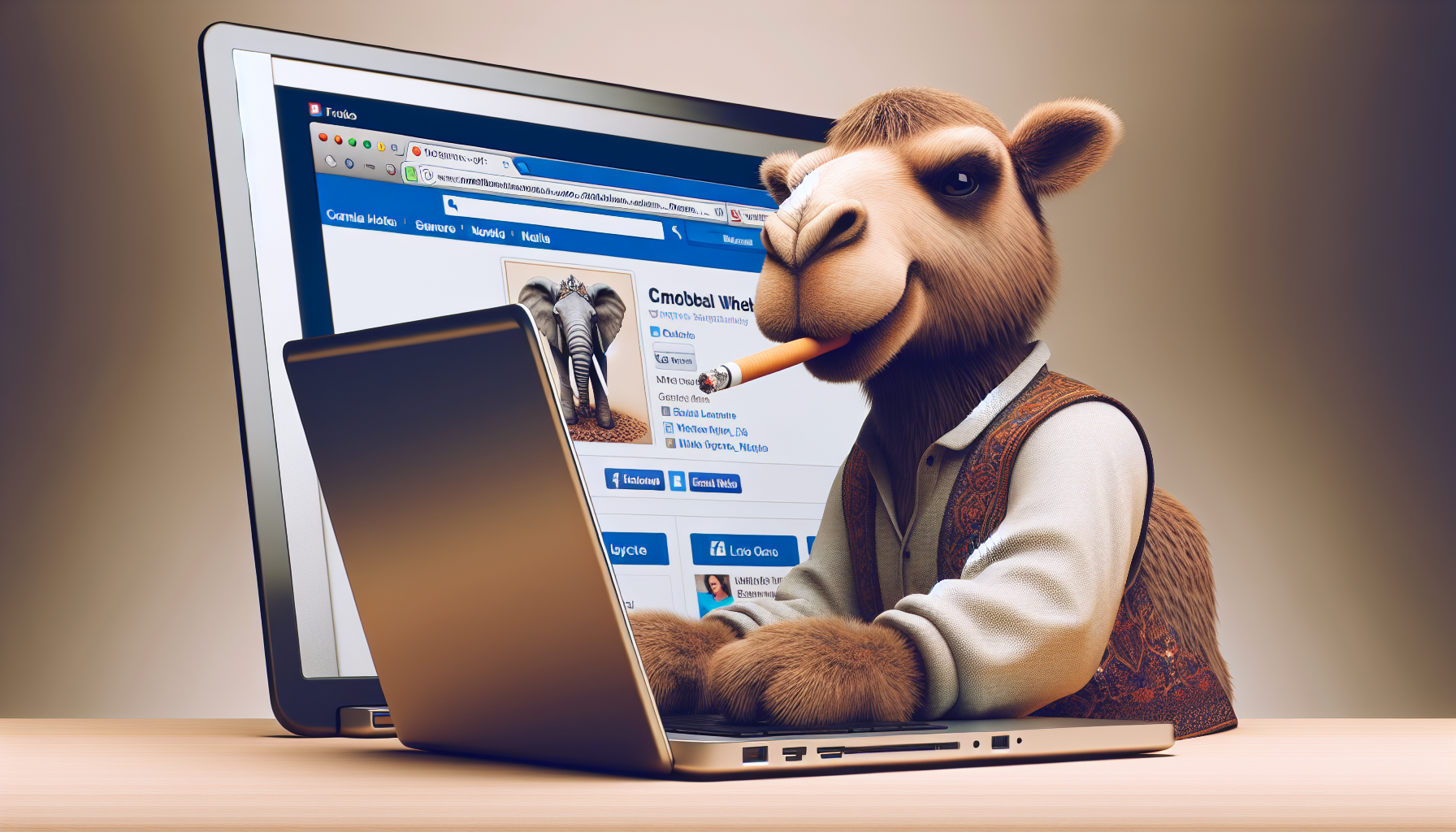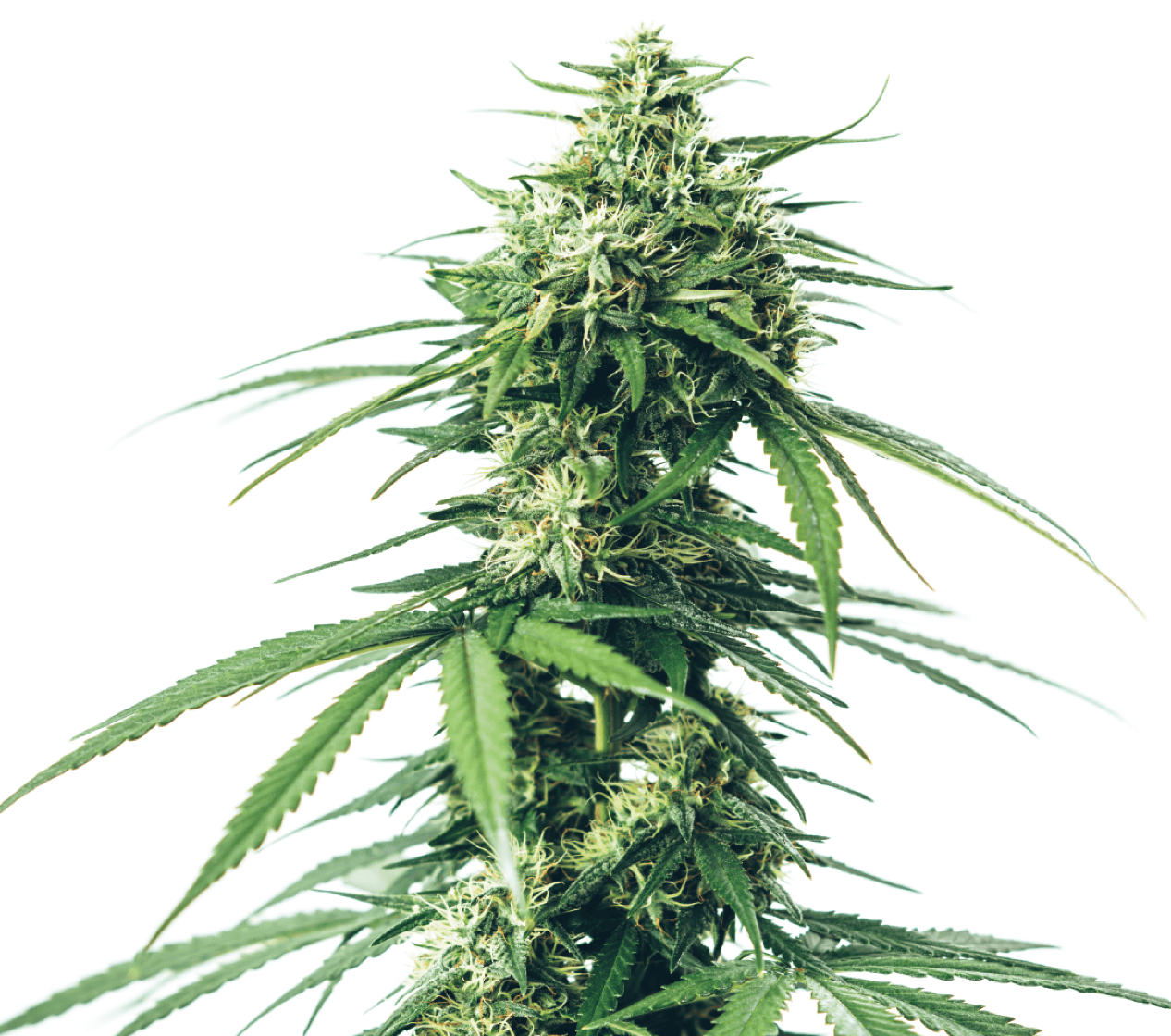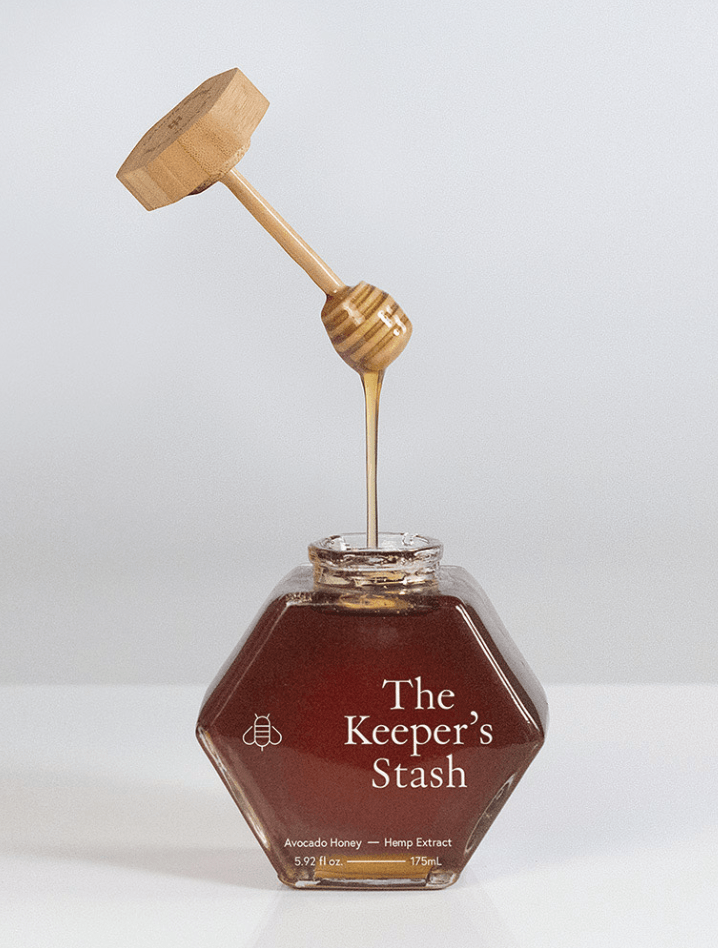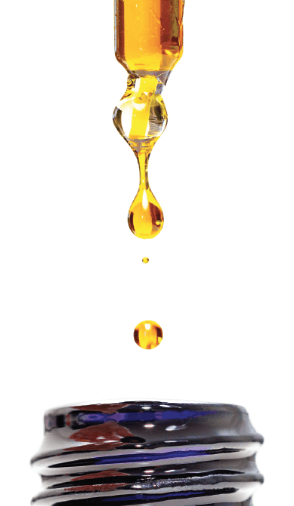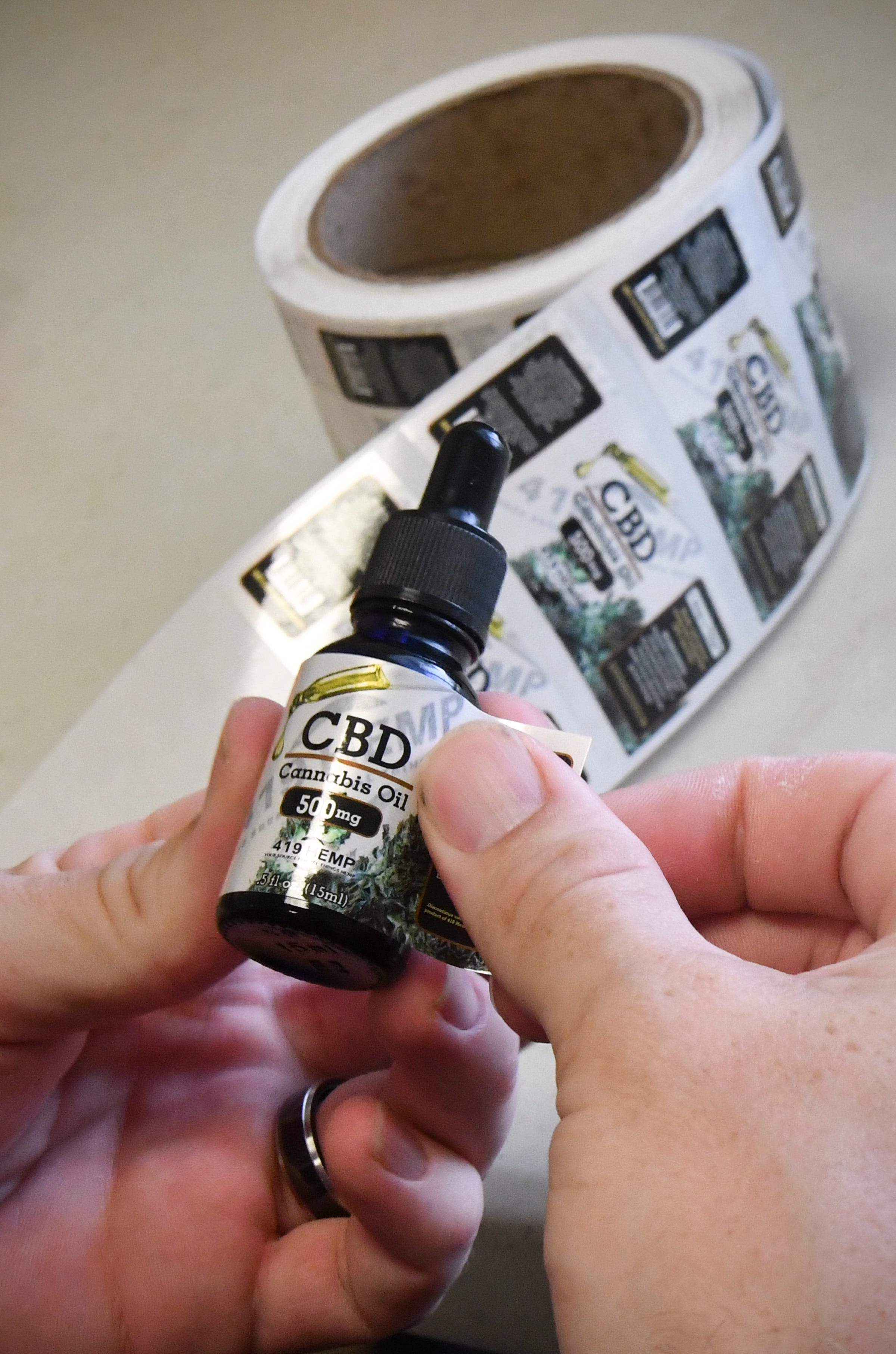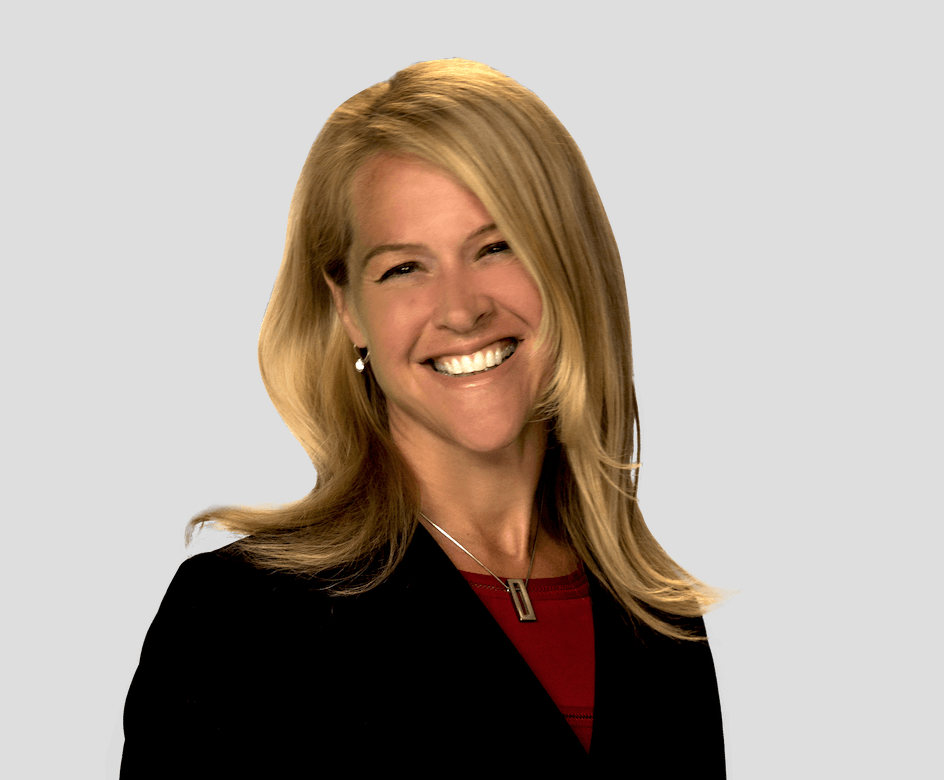Regulation, please! An advocacy group’s unique perspective
As in any unregulated but promising market, some unscrupulous CBD merchants are making false claims and selling substandard products
Seeking someone who understands CBD and can talk about it objectively, luckbox contacted Paul Armentano, deputy director of the National Organization for the Reform of Marijuana Laws (NORML) and the NORML Foundation in Washington.
Armentano has studied cannabis and cannabis policy for 25 years with the aim of making marijuana legal for responsible adults. In the process he couldn’t help but learn a lot about CBD because it comes from the same plant.
He claims to speak without prejudice about CBD because NORML doesn’t have an economic interest in expanding the market for the product. Besides, NORML considers itself a consumer advocacy group, so he’d like to alert the citizenry to what he considers hazards in the commercial CBD market—whether online, in health food stores or at gas stations.
Armentano’s written for more than 200 publications on the subjects of marijuana policy and marijuana science, and he co-wrote a book about cannabis and social policy called Marijuana is Safer: So Why Are We Driving People to Drink?
Tell us about CBD.
Armentano: CBD stands for cannabidiol, one of more than a hundred unique organic constituents called cannabinoids found in the marijuana plant. Cannabinoids are chemicals that cause drug-like effects. Scientists identified and isolated CBD back in 1940. As early as the 1950s researchers understood this compound possesses therapeutic properties, including potential as an anticonvulsant, anti-inflammatory agent,
What does NORML think about the current furor over CBD?
Much of the narrative surrounding CBD is simply factually incorrect. Unfortunately, almost all of the individuals driving the conversation on CBD have a financial stake in the growth of the CBD industry, and that’s why they’re often confusing on many of the issues.
What could bring clarity?We’re trying to demystify some of the less-than-accurate claims that are out there and calling for the Food and Drug Administration (FDA) to regulate this market. As with any unregulated market there are literally no rules with regard to who can enter the business. No accepted best practices govern the CBD extraction process from hemp. No regulations monitor the quality or the sourcing of the hemp itself.
Does CBD work?
You’ll find very little doubt among those educated in this space that CBD clearly possesses specific therapeutic properties. It definitely can be therapeutic for some people when used at the proper dosage.
How important is dosage?
CBD’s impact is dose-specific. The relatively low amount of CBD in most commercial products would be considered sub-therapeutic based on the much-higher doses necessary in clinical trials to yield statistically significant results. As an antipsychotic, the daily doses required are up to 750mg CBD, compared with 5mg advertised on the label of some products.
Why are they scrimping on CBD?
Maybe it’s because they’re trying to derive it from traditional hemp plants. Traditional hemp is not a particularly viable source for CBD extraction. Therefore, it’s not surprising that many products that claim to be derived from traditional hemp contain very little CBD.
The New Catch-22
In December, Congress amended The Controlled Substances Act of 1970 to carve out an exemption for industrial hemp, which is defined as marijuana fibers with no more than 0.3% THC—the plant’s primary psychoactive agent.
The new provision also frees products derived from hemp from federal drug laws. Hence, CBD products have become legal in the eyes of the Feds.
But a twist in the law calls for dual licensing, which means anyone who grows hemp or produces hemp products has to possess not only a state license but also a federal license from the Department of
Agriculture.Unfortunately, the USDA has yet to finalize regulations that would enable CBD entrepreneurs to apply for a license. Meanwhile, some states have passed rules or laws concerning licensing, while others haven’t. So, no one has both a state and federal license, meaning that no one can comply with the new federal law, according to Armentano.“
Any CBD marketer who says their product is legal in all 50 states is lying,” he maintains, adding that “it’s a very standard claim.”
Why’s hemp a bad source of CBD?
Traditional hemp is low in actual CBD. Traditionally, industrial hemp was grown for its fiber content. CBD is a cannabinoid and, like all cannabinoids, it is found most prominently in the flowering tops of the female plant. It’s not found in the stalk, it’s not particularly prevalent in the leaves and it’s not found in the seeds or the roots. So, a traditional hemp plant grown largely for fiber content is not an ideal source for cannabinoid extraction. A more traditional cannabis plant and the flowering tops of the female cannabis plant are going to be the more ideal source.
Should consumers accept CBD marketing claims?
It’s a free-for-all with regard to how these products are marketed. I receive unsolicited emails in my inbox just about every day from companies claiming that all the sharks on Shark Tank have gone all-in on a CBD coffee or a CBD-topical product. It’s really offensive to read these things day after day.
Unfortunately, you have folks who are ready to dive right into an unregulated market and make claims they could never get away with in a regulated market. It’s gimmick marketing like adding a shot of CBD to your expresso—as though there would be anything therapeutic about that.
Does the public need to protect itself from CBD

for the Reform of Marijuana Laws
What business opportunities do you foresee for CBD?
Clearly, there is a market. My expectation is that this market will continue to grow, but if the market continues to be unregulated and is largely filled by ethically challenged players, there ultimately could be a backlash from the consumer.
Assuming this market is regulated in the next few years, larger more-traditional players will get involved. But I don’t think that’s going to happen until there is much more clarity in the marketplace. Until then, we’re going to see the market limited to much smaller players willing to take more risk. In some cases, those smaller players engage in predatory practices, unfortunately.
What advice would you offer regulators and legislators?
The FDA recently held its first public hearing on this issue. NORML was one of a number of groups that submitted testimony and called upon the FDA to move forward with regulation. Specific regulatory language is needed for all parts of this chain—from the sourcing of the hemp itself to the extraction of CBD to the standardization and testing of the end product itself to providing greater legal clarity for consumers. There is none today. There certainly needs to be some in the future.
What can CBD consumers do to negotiate the CBD market?
We have a 50-state patchwork of marijuana regulations, but the majority of states have medical marijuana access laws. In most of those states, products have been subject to third-party lab testing and are accurately labeled. Individuals in those 33 states are far more likely to obtain CBD-specific product in a dispensary that is of greater quality than one would find in the commercial market. That is because that dispensary is regulated in a manner similar to many other consumer goods. Individuals who live outside of states that possess such regulation are in a “buyer beware” situation with regard to the quality and purity of those products.

